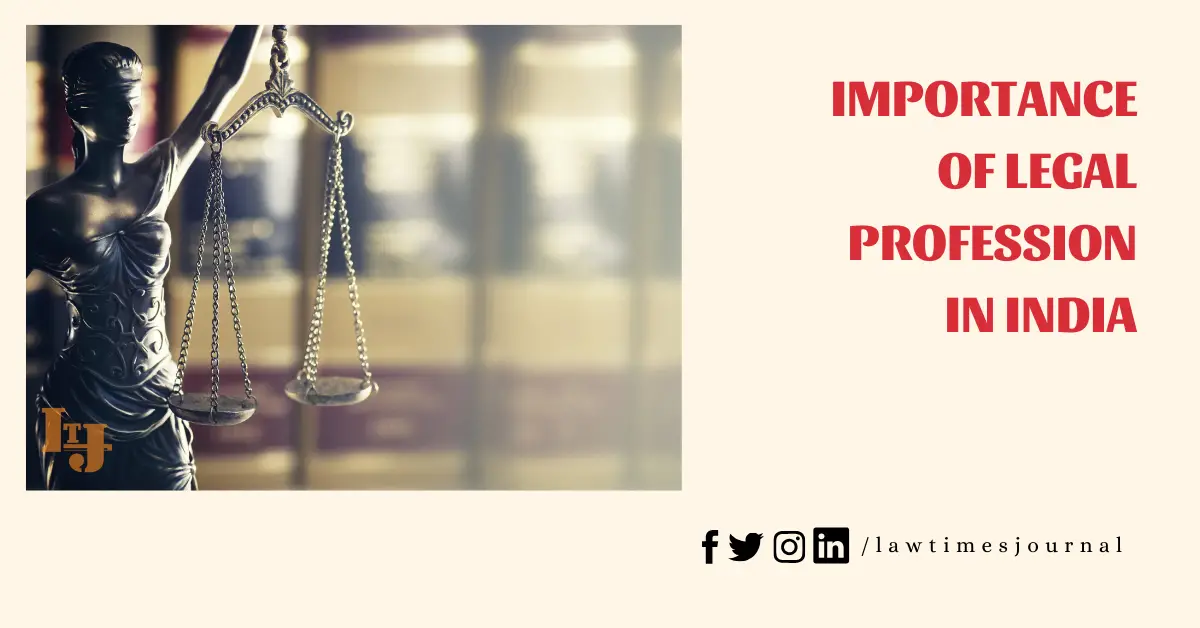
The relationship between an advocate and his client is very fiduciary. The client is the one who has the utmost belief towards his advocate. It is the duty of the Advocate to take care of the interest of his client and tell him the exact laws and provision of the particular case and what are the remedies. He should not hurt the interest of his client by any of his acts or omission in any manner.
The relationship between an advocate and his client is totally based on trust and belief. An advocate should always ensure that the interest of his client should never hurt by any act or omission of his own. An advocate should also defend a person who has been accused of a crime, keep all his personal views and opinions aside as to the guilt of the accused and must not take his client for granted.
An advocate should not be involved in any kind of conspiracy or should not be involved in any sort of collusion with the other party.
• An advocate should not come close with the opposite party with the idea of a conspiracy
• An advocate should not give any improper advice knowingly that will affect negatively.
• An advocate should not accept any bribe, gifts, and fees from the opposition party or should not disclose any weaknesses of his client.
Furthermore, it is another duty of advocate that whatever the material or the documents are provided by the client should be concealed and should not reveal it to the opposition party.
It is the legal binding on the advocate that he cannot do any transaction over the disputed property. Thus, he should not buy or sell the property which is the subject matter of the state.
P.D. Gupta vs. Ram Murti (AIR 1998 S.C 283)
Supreme Court held that buying the disputed property of the client is professional misconduct.
An advocate should not charge any unreasonable or arbitrary fees to his client; he should charge reasonable fees to the client.
It is the most essential and ethical duty of an advocate is to give money which the court has given in the name of the client to the client only and not to keep it for his own profit.
Harish Chandra Tiwari vs. Baiju (AIR 2002 S.C 548)
In this case, the Supreme Court held that the money was not given to the client who was issued in the name of the client by the court and thus the name of the advocate had been removed from the roll of advocates.
Advocates’ behaviour towards his client should be kind and polite. He should treat his client nicely. He should give his best to get justice for his client. He should never manipulate a client and give proper advice to the client.
An advocate should never use any undue influence on his client.
An advocate should never present any false or forged documents.
An advocate should try to resolve the matter through negotiation or mediation.
An advocate should try his best to get justice for his client.
It is seen that the relationship between a lawyer and a client is highly trustworthy and it is the duty of an advocate to uphold the interests of the client by fair and honorable means without regard to any unpleasant consequences to himself or any other person.
Conclusion
An advocate should always ensure that the interests of the client are not in any manner hurt by his acts or omissions. He must always confront his client about the real facts of the particular law and to astray them from the path. Lawyers are obliged to maintain the confidentiality of their clients. The relation between a lawyer and a client is based upon the trust and faith which comes hand in hand.
“The views of the authors are personal“
Frequently Asked Questions
What is the main principle on which the relationship of a lawyer and client is based upon?
The relationship between an advocate and his client is very fiduciary. The client is the one who has the utmost belief towards his advocate. The relationship between an advocate and his client is totally based on trust and belief. An advocate should always ensure that the interest of his client should never hurt by any act or omission of his own.
What are the duties obliged by a lawyer towards his client?
An advocate should not come close with the opposite party with the idea of a conspiracy
An advocate should not give any improper advice knowingly that will affect negatively.
An advocate should not accept any bribe, gifts, and fees from the opposition party or should not disclose any weaknesses of his client.








